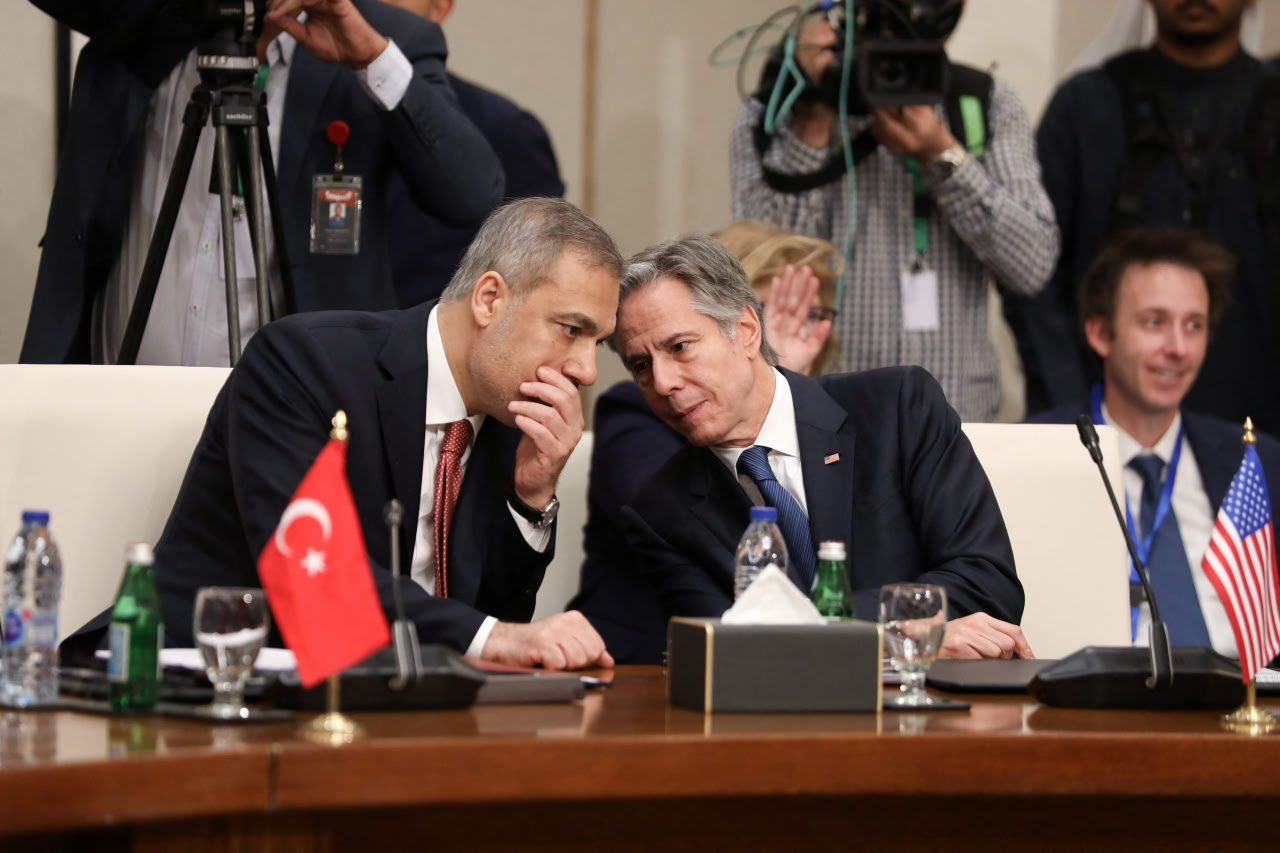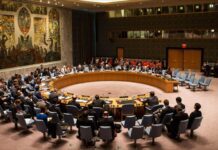
Western nations, led by the United States and European Union, are closely monitoring the political and humanitarian developments in Syria following the fall of Bashar al-Assad’s regime. Recent meetings in Jordan and ongoing diplomatic efforts signal a shift in international engagement with the Syrian Transitional Government (STG) and the alliance of revolutionary forces now in control of Damascus.
US Outlines Principles for Engagement
US Secretary of State Antony Blinken announced on Saturday during a visit to Aqaba that the United States has established direct contact with Hayat Tahrir al-Sham (HTS), the coalition of armed factions that played a pivotal role in toppling Assad. While HTS is still designated a terrorist organization by Washington, Blinken emphasized that the Biden administration is willing to recognize the group as Syria’s legitimate government if it adheres to several key principles:
Protecting all minorities and allowing humanitarian access, preventing Syrian territory from being used as a base to threaten neighboring countries, and securing or destroying Assad’s chemical weapons stockpile.
“We have been in contact with HTS and other groups to discuss these principles,” Blinken said during a press conference. “The US is prepared to recognize the new government if it forms an inclusive administration representing all Syrians and adheres to these commitments.”
Blinken also reaffirmed the US commitment to finding missing American journalist Austin Tice, who disappeared in Syria over a decade ago. The Secretary of State further noted that sanctions relief could be considered if the new government meets these benchmarks, signaling a potential shift in US policy toward Syria.
EU Prepares to Reengage
Several EU countries are preparing to reopen their embassies in Damascus, marking a significant thaw in relations. A senior European official confirmed that the bloc is ready to support a political solution that respects Syria’s territorial integrity, independence, and sovereignty.
Michael Unmacht, the EU’s representative in Syria, described the fall of Assad’s regime as a “pivotal moment in the history of the Syrian people.” He emphasized the need for an inclusive dialogue among all political and social factions to ensure a stable transition.
The EU is also closely watching developments in Idlib, a stronghold of HTS, and expressed cautious optimism about the group’s efforts to shed its extremist image. “The future of Syria must be decided by Syrians themselves,” the official said, adding that the EU is prepared to assist in rebuilding efforts if the STG aligns with international norms.
UN Special Envoy for Syria Geir Pedersen urged swift action to address Syria’s humanitarian crisis, emphasizing the need to ensure that state institutions function effectively during the transition. “There is a massive humanitarian crisis in Syria,” Pedersen said. “Aid must be increased, and justice and accountability for perpetrators of crimes must be ensured.” Pedersen called for an end to sanctions hindering Syria’s recovery and expressed hope that the ongoing political transition would be led by Syrians themselves.
Looking Ahead
As Syria’s transitional government navigates domestic and international challenges, Western nations are signaling a willingness to reengage, provided that the transitional leadership meets specific conditions. The coming months will be critical in determining whether Syria’s fragile recovery can gain momentum with international support.








